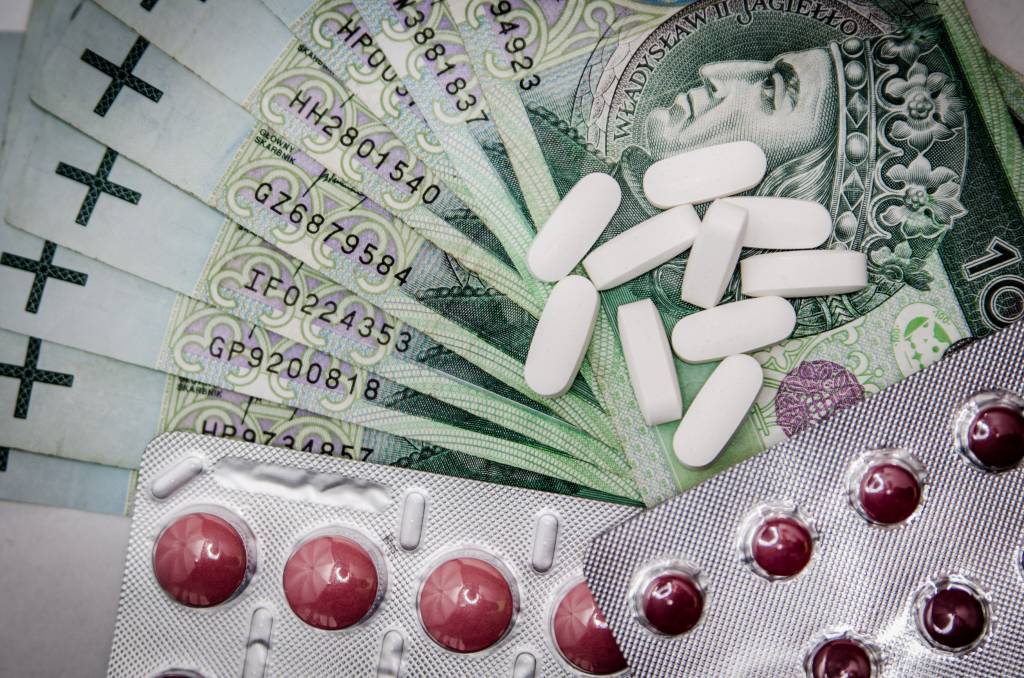

Healthcare demands are continuing to grow. That is why learning how to cut your healthcare costs is beneficial. Find out how to save money while still receiving the care you need. Begin by looking over the details of your plan to determine what services are available. Follow the tips below to get the most out of your benefits and save money on medical treatment.
Don’t go to the emergency room if there’s no emergency
You may be feeling a little unwell or feel like something is extremely wrong. In such cases, your first instinct is to visit the emergency room. However, emergency care is extremely costly because doctors and nurses frequently need to request many tests to make timely diagnostic and treatment decisions. It is better to visit or call your doctor to receive advice on your condition to cut costs.
Go for screening tests
Screening tests can save lives by detecting diseases early on when they are easier to cure. On the other hand, a screening test can lead to many problems, including false alarms, a false sense of security if an illness is missed, and wasteful diagnostic testing and treatment. These increase your health expenses drastically. It is advisable to go for confirmation screening from reliable experts such as Brad Schaeffer with MedComp to receive accurate information at affordable prices.
Ignore the drug commercials
With technology and research developing every day, several new medications are advertised. However, not all these drugs should be trusted. Some of these medications could be scams to rob patients of money. Also, some “older medications” are often just as effective (if not more so), safer, and virtually always less expensive. Therefore, instead of trusting drug commercials blindly, be sure to conduct adequate research before purchasing.
Go with a generic name
Pharmaceutical spending has slowed due to competition from generic medications, which are less expensive than their brand-name counterparts. Because most plans charge higher co-pays for brand-name drugs, purchasing generic medications can save you money and the healthcare system. However, check with your doctor and pharmacist to see what generics are available. Mupirocin ointment, for example, is accessible in a generic version, but the antibiotic is only available as the brand-name Bactroban as a cream.
Maintain a healthy lifestyle
Not needing health care is probably the surest way to save money on it, both for yourself and society. So don’t smoke, and if you do, get help quitting. Reduce your cardiovascular risks by eating a healthy diet (whole grains instead of processed carbs and plenty of fruits and vegetables). Sleep is also essential for good health. Studies show that sleeping for eight hours can help avoid colds and keep arteries open.
Establish a positive working relationship with your primary care provider
A primary care doctor who knows you, your medical history, and your circumstances have a much higher chance of making decisions and offering you advice that will keep you well, out of the hospital, and without specialist medical treatment than a relative stranger. They are capable of looking after you in this situation. The problem is that primary care physicians are scarce. In addition, primary care may be shifting toward a more ensemble style, with the physician leading a big supporting cast. In a few years, your relationship with your doctor may be less important than, for instance, your relationship with a health coach, who works alongside your doctor and is responsible for cajoling, reminding, and motivating individuals to take better care of themselves.
